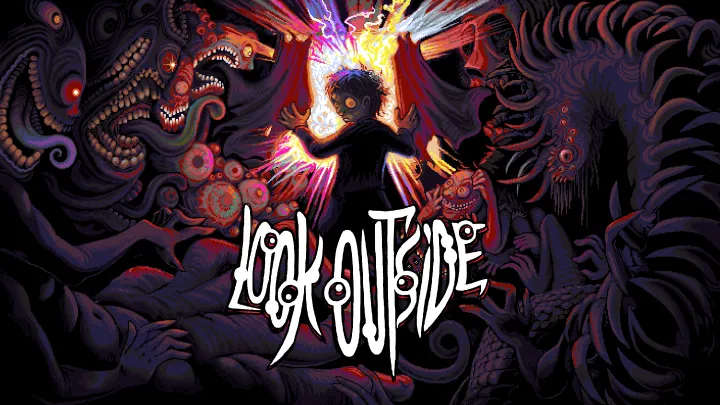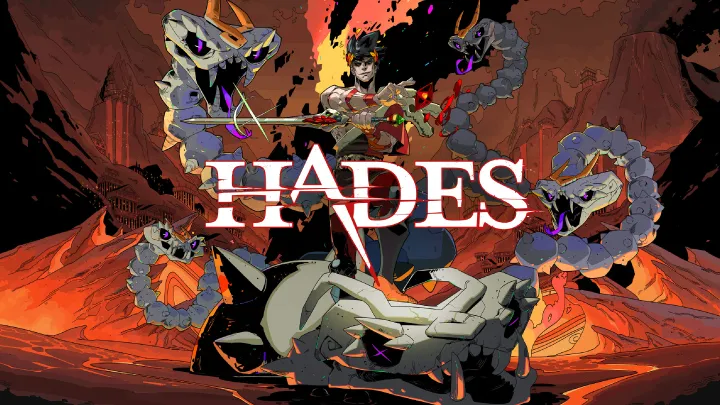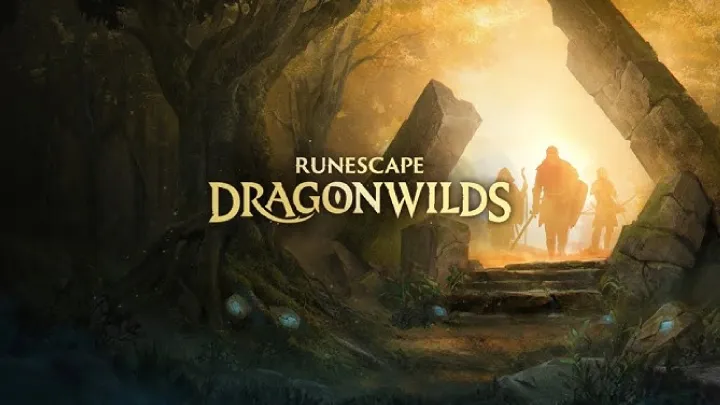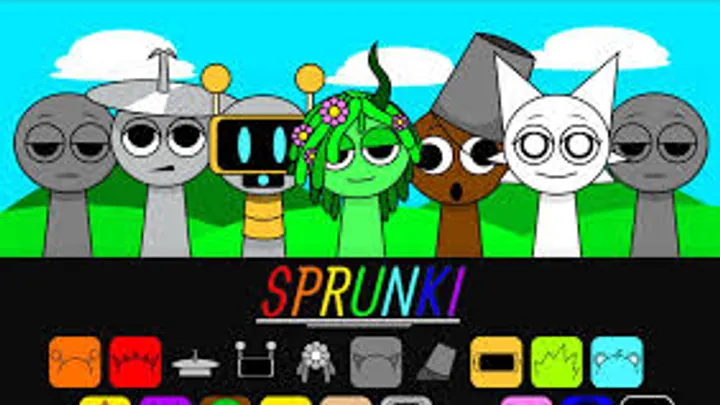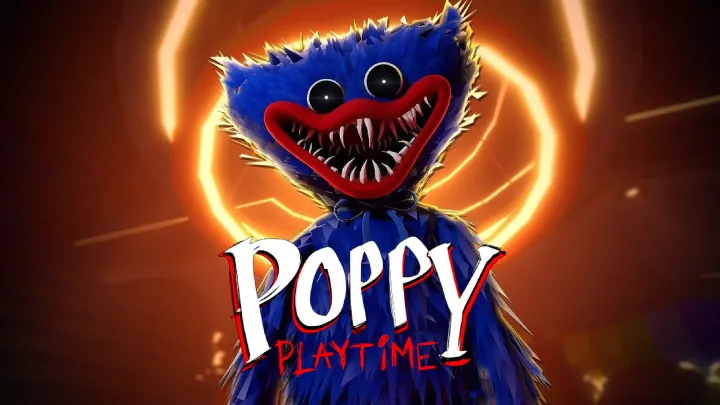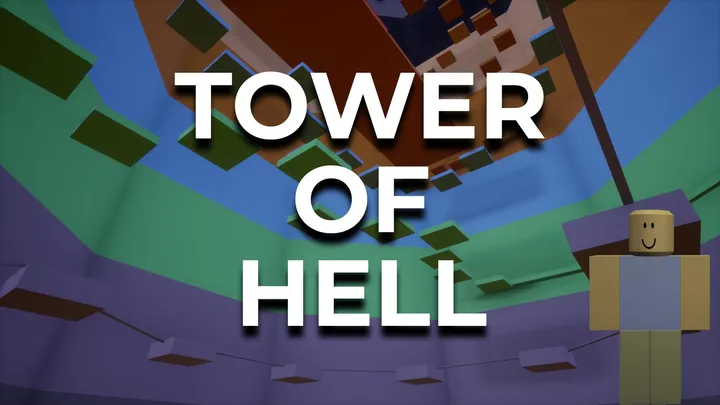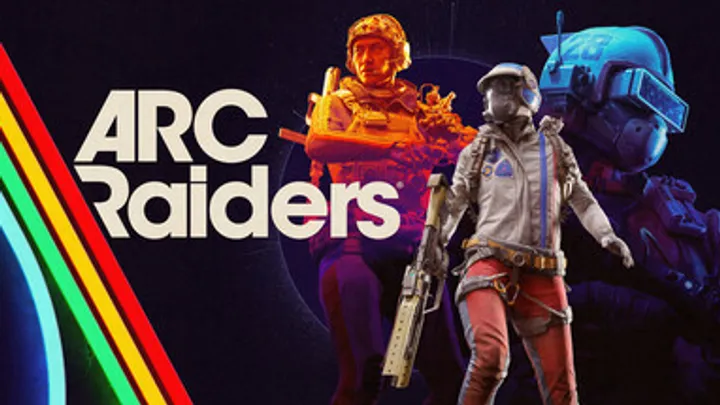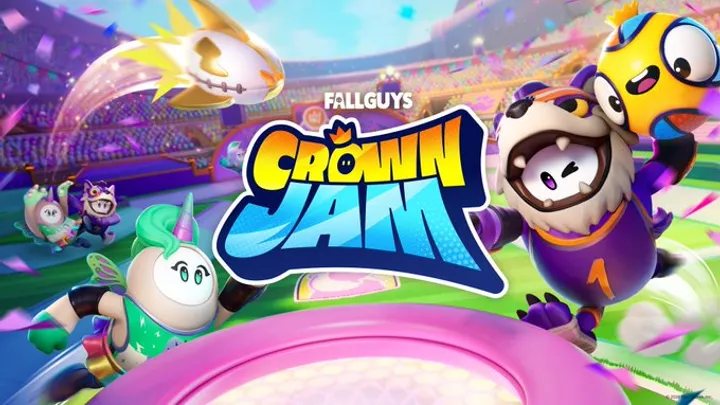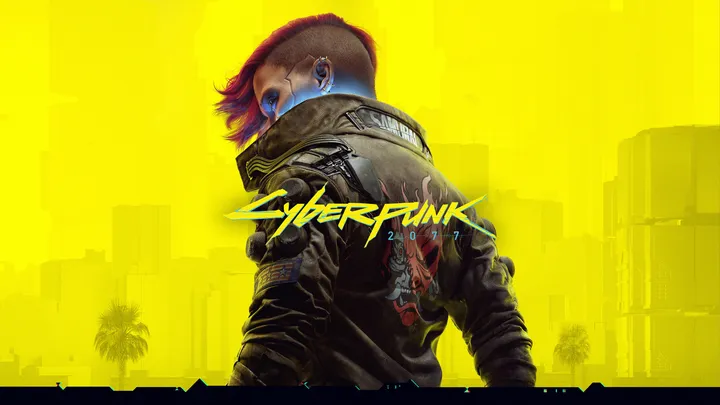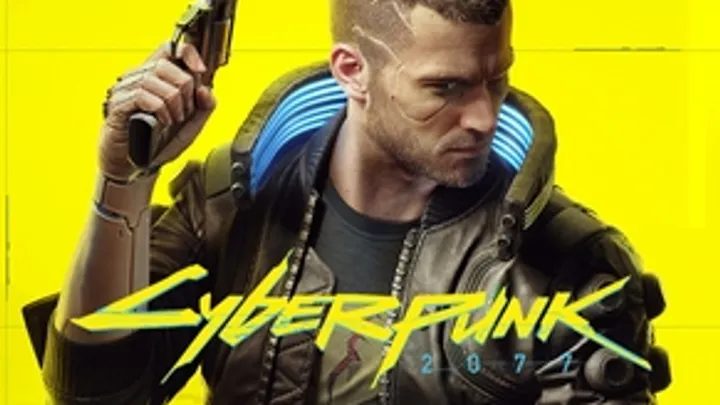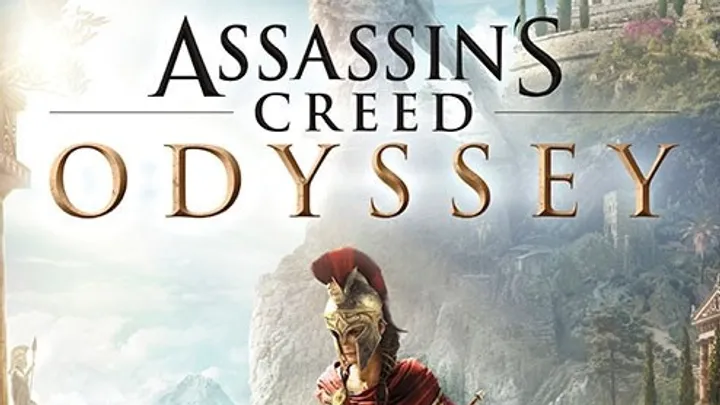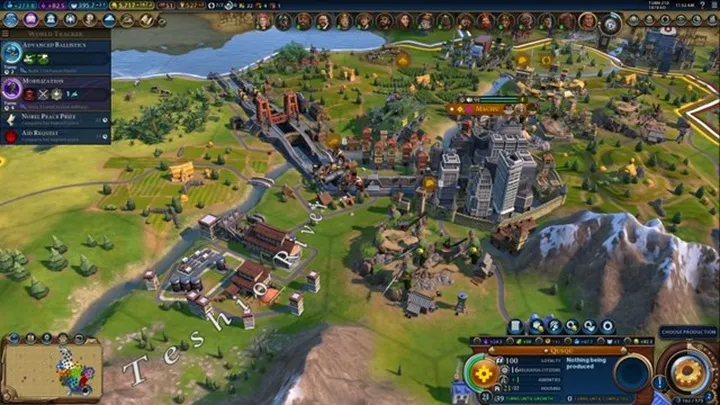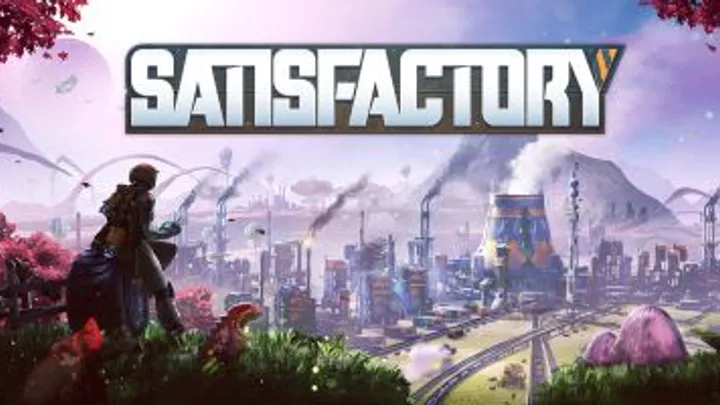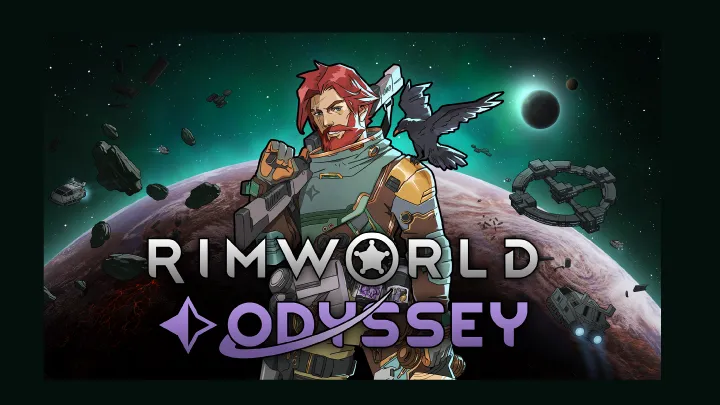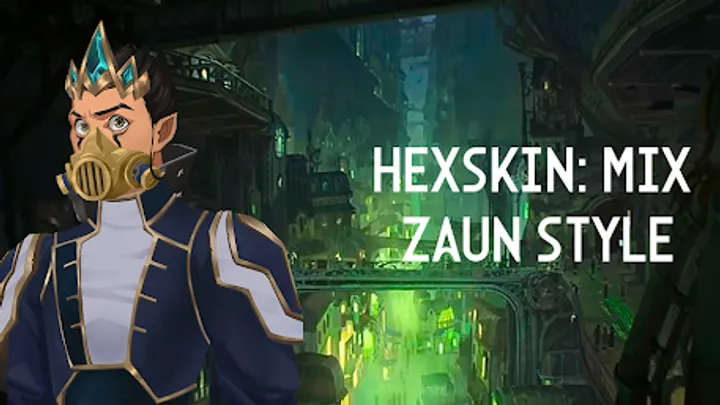Introduction
Hades, developed and published by Supergiant Games, released on December 6, 2020, for PC, with subsequent ports to PlayStation 4, Xbox One, Nintendo Switch, and later PlayStation 5 and Xbox Series X|S, redefines the roguelike genre with its mythological flair. This action game follows Zagreus, son of Hades, as he attempts to escape the Underworld, battling enemies and forging relationships with Greek gods. Priced at $24.99 across platforms, it gained widespread acclaim through its stunning visuals and narrative depth, showcased in player-shared runs and community events. Early feedback praised its replayability and voice acting, though some noted its initial difficulty. This review explores its narrative, world, gameplay, and technical execution to assess its standing as a modern roguelike classic.
Narrative & Storytelling
Hades weaves its narrative through a dynamic, player-driven storyline that evolves with each run. Players embody Zagreus, driven to reach the surface and reunite with his mother, with the story unfolding through dialogue with gods like Zeus or Athena, NPC interactions, and environmental lore like the Styx’s whispers. The narrative arc centers on family conflict and redemption, with key moments—such as unlocking Persephone’s backstory or deepening bonds with Olympians—adding emotional weight. These moments foster a sense of progression and connection, from chaotic escapes to heartfelt revelations.
However, the reliance on repetition might leave some wanting a more linear plot, as the experience hinges on emergent narratives—new dialogue unlocks, boon choices, or boss strategies—that develop over multiple attempts. The storytelling excels in its character development and mythological richness, though its depth depends on the player’s persistence, making it a captivating saga for those who embrace its cyclical nature.
World & Environments
The world of Hades centers on the ever-changing Underworld, featuring distinct biomes—Tartarus, Asphodel, and Elysium—rendered with a vibrant, hand-painted aesthetic. The environments shift with each run—lava flows, skeletal ruins, or golden fields—enhanced by interactive elements like destructible objects, trap doors, and boon altars, creating a dynamic backdrop. Sound design, with clashing swords, godly voices, and a pulsing soundtrack, builds an immersive atmosphere, while lighting effects like fiery glows or shadowy depths add tactical variety.
Yet, the procedural nature might limit environmental consistency over time, as the focus remains on combat arenas rather than expansive exploration. The design prioritizes a fluid, combat-driven setting, which could feel repetitive for players seeking static landscapes. Community feedback celebrates the biome variety and visual flair, though some note the lack of new regions, suggesting a world that thrives in action but may benefit from occasional expansion to sustain engagement.
Gameplay Mechanics
Core Loop
The core loop revolves around roguelike runs and progression, where players fight and upgrade within 20-40 minute sessions, offering a fast-paced rhythm. The cycle of death, learning, and retrying drives a compelling flow, encouraging persistent play.
On-Field Mechanics
The gameplay hinges on action combat, where players use Zagreus’s blades, dashes, and boons—gifts from gods like Poseidon’s waves or Artemis’s crits—with tactical depth added by ability synergy and enemy patterns. Dash mechanics and special moves introduce variety, though balance issues with difficulty scaling can disrupt flow. The mechanics reward skill and adaptation, demanding mastery to overcome their relentless challenge.
Mode-Specific Features
The primary mode focuses on escape runs, with biomes and bosses providing goals, such as reaching the surface or unlocking new weapons. Heat levels and Pact of Punishment add variety, while the mirror of night offers customization. The range of activities caters to different playstyles, but balance adjustments for enemy health and reward pacing lag, a point raised in early feedback.
Progression & Multiplayer
Progression includes earning darkness, unlocking boons, and deepening relationships, balancing grind with narrative and functional rewards in a system that feels satisfying based on initial play. The game lacks traditional multiplayer, but its single-player focus fosters a personal epic, though the absence of co-op limits social depth. The progression system thrives on run mastery, requiring refinement to enhance accessibility.
Technical Execution
Hades delivers a visually spectacular experience with its hand-painted graphics, fluid animations, and dynamic effects, optimized across platforms with modest requirements. Post-launch updates have addressed stability, but occasional glitches like input lag or rare crashes persist. Audio impresses with a captivating score and character voices, though repetitive loops can detract over long sessions.
Controls are responsive with precise button inputs, offering a natural feel across controllers and keyboards, though the lack of touch support limits mobile versatility. Ongoing updates are refining core systems, but initial technical hiccups suggest continued optimization is needed. The execution supports the action focus, with visuals and audio as strengths amid polish challenges.
Community Feedback
Hades has cultivated an enthusiastic community, with early praise for its replayability, narrative depth, and art style, though concerns about difficulty, performance, and grind surface from player discussions. Excitement for new runs and character interactions is widespread, but frustration with steep challenges and minor bugs persists. Community feedback drives development, sustaining interest, and player retention remains strong, fueled by the game’s passionate fanbase.
Criticism centers on technical stability and balance, with players noting glitches and a desire for adjustable difficulty, alongside debates over late-game grind. The community’s active input shapes updates, reflecting a group eager to see the game evolve into a refined roguelike experience.
Final Verdict
Hades delivers a thrilling roguelike adventure with its engaging combat and rich narrative, celebrating the escape from the Underworld. Its dynamic biomes and character depth shine, though technical issues and difficulty pose challenges. It’s a must-play for action fans, with patience required as updates refine the experience.










































